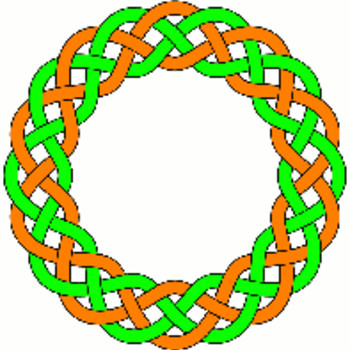How do you find the exact value of 3 over the square root of 8?
1 Answer
Explanation:
The expression can be simplified as
However, it is not possible to make further progress as 2 and 3 are prime and the square root of 2 is an irrational number (it cannot be expressed as the ratio of two integers).
The irrationality of the square root of 2 is a famous result attributed to the Pythagorean Hipassus of Metapontum, who was allegedly executed (for blasphemy) for demonstrating a proof of this (see here).
As the reciprocal of a fraction is found by exchanging its numerator with its denominator, the reciprocal of some irrational number is also irrational.
The decimal expansion of an irrational number has a non-terminating non-recurring fractional part so there is no progress to be made by attempting that.
Expressions that include unresolved roots are known as surds (eg, see here).
That is, expression of this quantity as an exact number requires the use of a surd.
Additional note
As noted by cal_F above, this would better be presented with unresolved roots in the numerator rather than the denominator.
This might be achieved by multiplying through by

